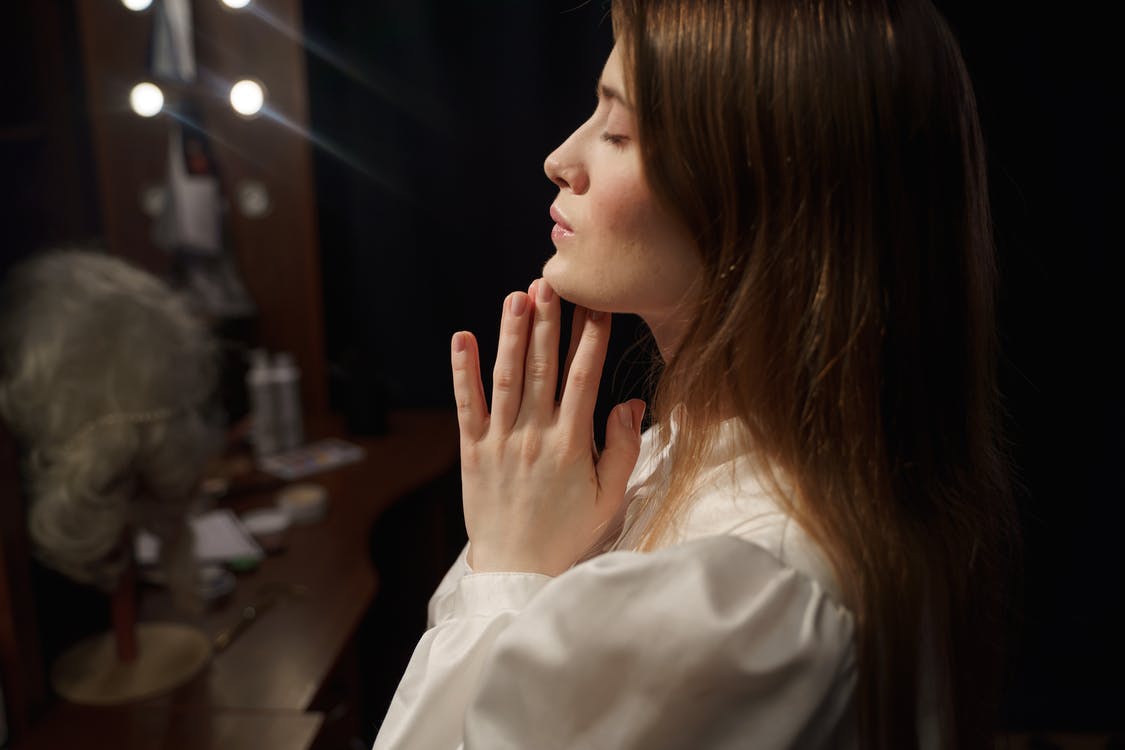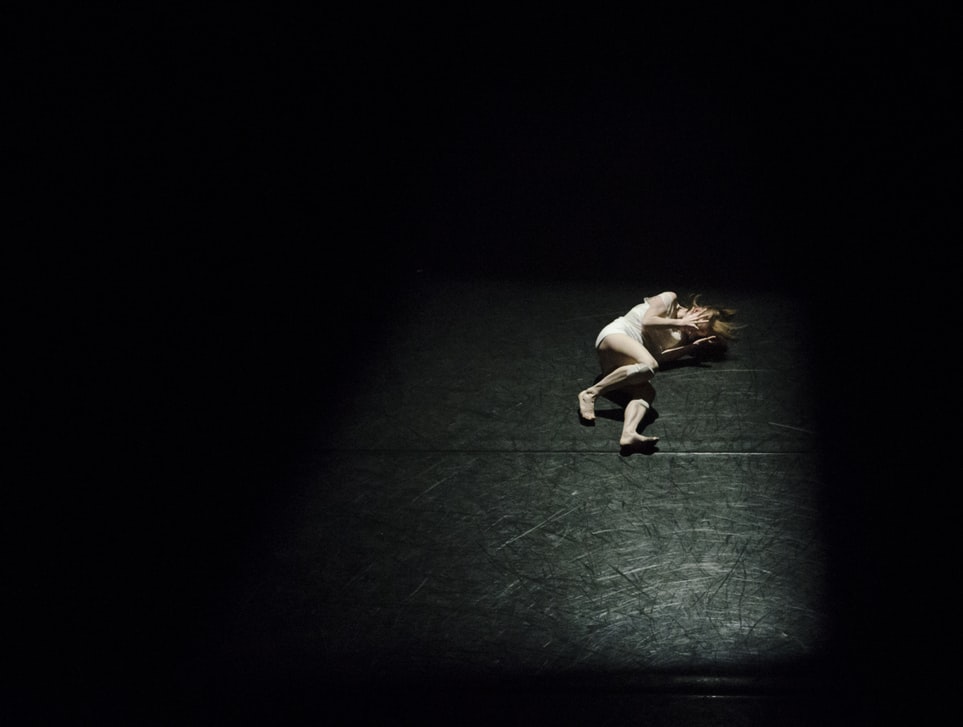What is Sense Memory?
An actor’s guide to sense memory
(By Tonya Tannenbaum)
 (Photo: Karolina Grabowska | Pexels)
(Photo: Karolina Grabowska | Pexels)
Sense memory, also known as sensory memory or sensorial memory, refers to the ability to recall sensations or experiences from the past through the use of one’s senses. These senses typically include sight, sound, smell, taste, and touch. Sense memory allows individuals to remember specific details or feelings associated with past experiences by mentally recreating the sensory stimuli associated with those experiences.
Actors often use sense memory techniques as part of their training to help them portray characters more convincingly. By recalling sensory experiences from their own lives, actors can evoke genuine emotions and reactions in their performances. For example, if a character in a play is supposed to be experiencing fear, an actor might draw on a memory of a past experience that elicited fear, such as being in a dark and unfamiliar place.
Sense memory can also play a role in everyday life, as people often use their senses to trigger memories or emotions associated with certain experiences. For instance, the smell of freshly baked cookies might evoke memories of baking with a loved one during childhood, or the sound of a particular song might bring back feelings of nostalgia for a certain time or place.
What is an example of a sense memory?
 (Photo: Cottonbro | Pexels)
(Photo: Cottonbro | Pexels)
Let’s say an actor is preparing for a scene where their character receives devastating news of a loved one’s death. To evoke genuine emotion and create a realistic performance, the actor might utilize sense memory techniques.
First, the actor recalls a personal experience where they felt profound grief or loss. They might remember the sensation of their heart sinking, the tightness in their chest, and the overwhelming feeling of sadness.
Next, the actor focuses on specific sensory details associated with that memory. They might remember the sound of their own heartbeat pounding in their ears, the taste of salty tears, and the physical sensation of their body trembling with emotion.
Using these sensory memories as a foundation, the actor brings those sensations into the present moment of the scene. As they perform, they tap into their sense memory to recreate the emotional and physical reactions of grief, allowing them to convey the character’s pain with authenticity and depth.
By drawing on their own sense memories, the actor can create a powerful and moving performance that resonates with the audience.
What is the difference between emotional memory and sense memory?

Emotional memory and sense memory are related concepts but have distinct differences:
Emotional Memory:
Emotional memory refers to the recollection of emotions or feelings associated with past experiences.
It involves remembering the emotional state one was in during a particular event or situation.
Emotional memory can be triggered by various stimuli, including sights, sounds, smells, or other sensory cues, but the focus is on the emotional response rather than the sensory details.
For example, hearing a certain song might evoke feelings of happiness or sadness because it was playing during a significant moment in one’s life.
Sense Memory:
Sense memory, also known as sensory memory or sensorial memory, involves recalling sensory experiences or sensations associated with past events.
It specifically focuses on the ability to remember sensory details such as sights, sounds, smells, tastes, and tactile sensations.
Sense memory can evoke vivid recollections of specific sensory experiences, bringing back details of the environment or context in which the experience occurred.
For example, smelling a particular perfume might trigger memories of a specific person or place because that scent was present during those moments.
In summary, emotional memory pertains to the recollection of emotions or feelings, while sense memory involves remembering sensory experiences or sensations. While they can overlap and influence each other, they are distinct aspects of memory retrieval.
How can actors use sense memory?
 (Photo:Hailey Kean/Unsplash)
(Photo:Hailey Kean/Unsplash)
Actors can use sense memory techniques as part of their training and performance process to create more authentic and emotionally resonant portrayals of characters. Here’s how actors can utilize sense memory:
Character Development:
Actors can use sense memory to develop a deeper understanding of their characters by connecting personal sensory experiences to the character’s experiences, emotions, and circumstances.
They might recall memories related to the character’s backstory, relationships, or significant life events to inform their portrayal.
Emotional Truth:
Sense memory allows actors to access genuine emotions and reactions by tapping into their own personal experiences.
By recalling sensory details associated with past emotional experiences, actors can evoke authentic emotional responses in their performances, leading to more compelling and believable portrayals.
Substitution:
If a character in a scene is supposed to be experiencing a particular sensory stimulus (e.g., tasting food, feeling the warmth of sunlight), actors can use sense memory to substitute their own sensory experiences for those of the character.
This technique helps actors react naturally to imaginary circumstances, making their performances more grounded and realistic.
Physicality and Gesture:
Sense memory can inform the physicality and gestures of a character by influencing how actors move and interact with their environment.
By recalling sensory sensations associated with specific actions or movements, actors can imbue their performances with physical authenticity and detail.
Environment and Atmosphere:
Sense memory enables actors to create a vivid sense of environment and atmosphere on stage or on screen.
By recalling sensory details related to the setting of a scene (e.g., sounds, smells, textures), actors can transport themselves and the audience to the fictional world of the story.
Overall, sense memory techniques provide actors with powerful tools for accessing emotions, enhancing characterization, and creating immersive performances that resonate with audiences.



